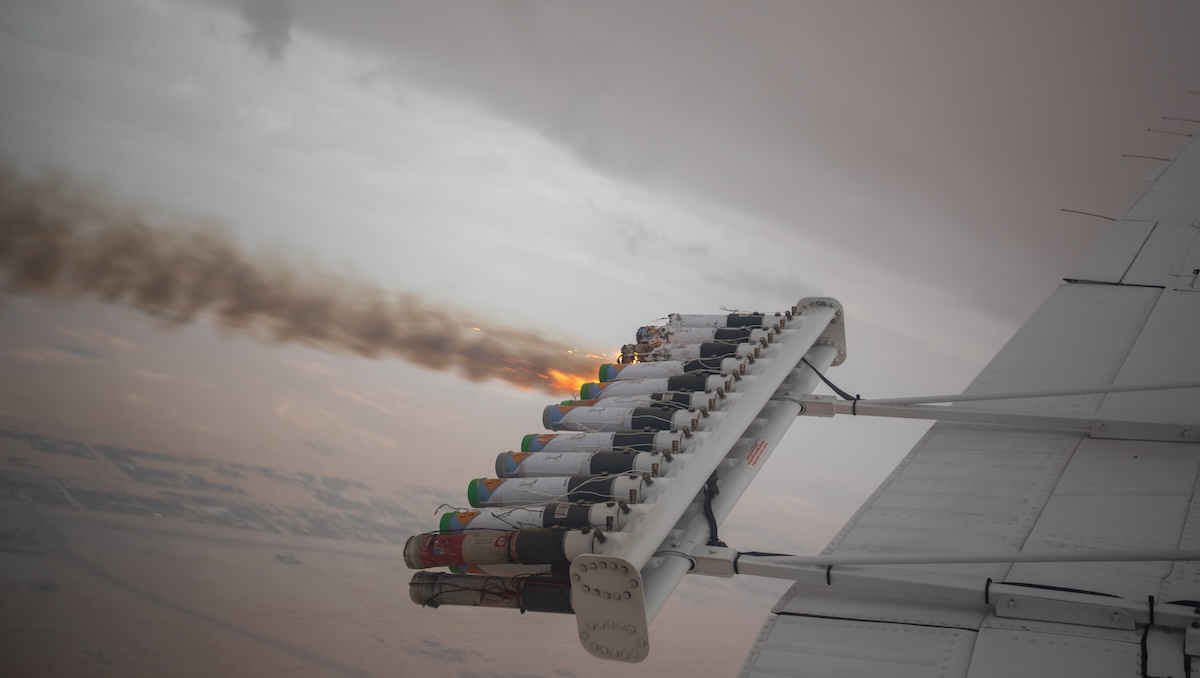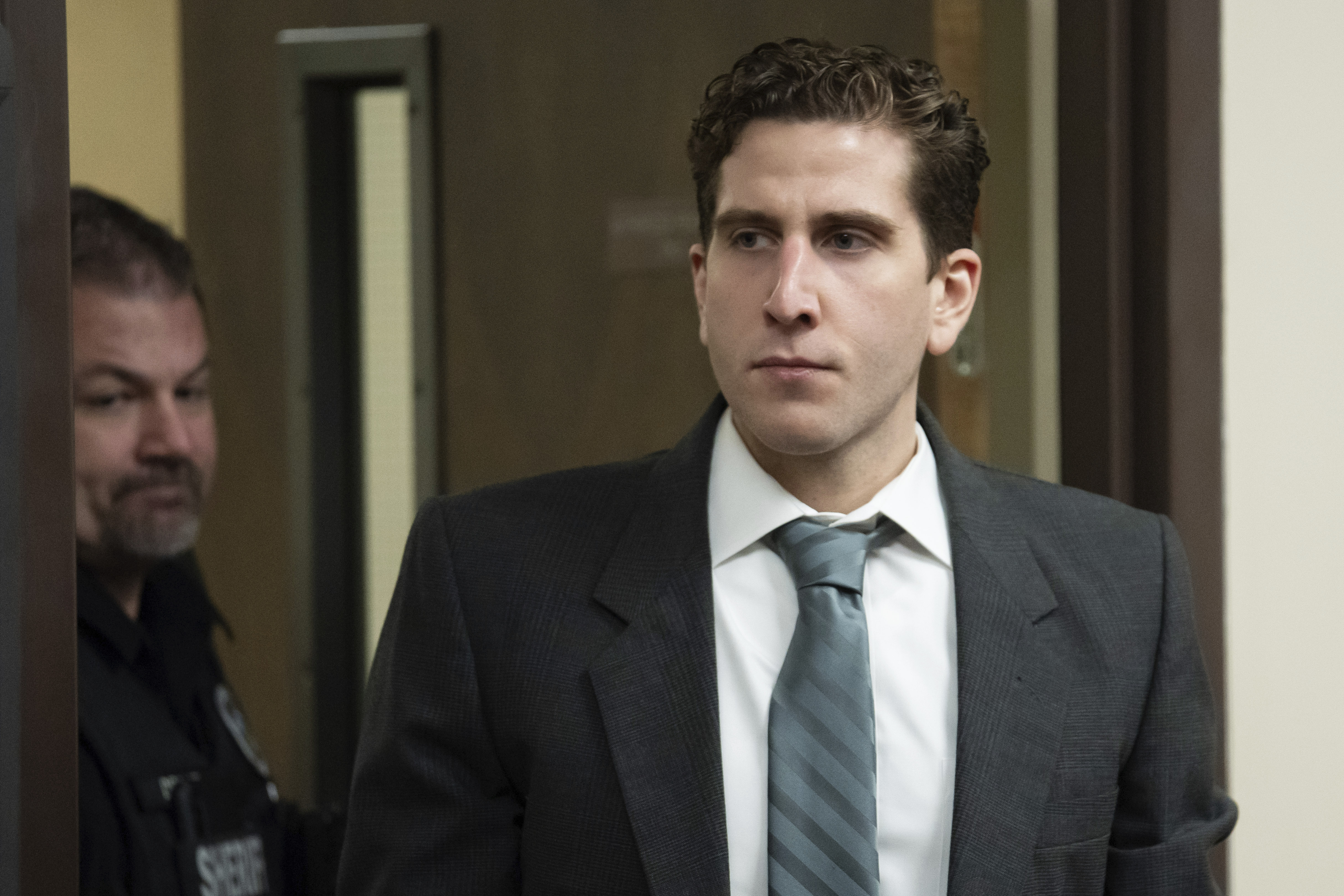Jurors deliberated until 5:30 p.m. Tuesday in the trial of a Baltimore police officer charged in the death of 25-year-old Freddie Gray, after earlier saying they were deadlocked.
The jury had said about two hours earlier that they were deadlocked in the case against Officer William Porter.
At that time, Judge Barry Williams sent them back to continue deliberations, telling them it was their duty to come to a unanimous verdict on the four charges. He urged jurors to consult with each other, also telling them they shouldn't hesitate to reexamine their own views and discuss them.
Jurors will resume deliberations Wednesday morning.
Porter is one of six officers charged in the April 19 death of Gray, who died a week after his neck was broken during a ride in the back of a police van. Porter, the first officer to go on trial, is facing four charges: manslaughter, second-degree assault, reckless endangerment and misconduct in office.
Late Tuesday afternoon, it appeared that the jury had not reached a unanimous verdict on any of the charges against Porter, who faces a maximum penalty of about 25 years.
The 12-member jury is comprised of four black women, three white women, three black men and two white men.
U.S. & World
If the jurors are never able to come to a unanimous verdict on the four charges, prosecutors have the right to bring the case to trial again, with another jury.
BALTIMORE OFFICIALS CALL FOR PEACE
As the city awaits a verdict, officials in the city of Baltimore have been calling for peace.
Hours before the jury began its deliberations Monday, Mayor Stephanie Rawlings-Blake called for people to respect the jury's decision. Rawlings-Blake also announced the opening of an emergency operations center so authorities can coordinate any necessary response.
The city's preparedness is in response to unrest that followed Gray's funeral in April.
Demonstrations were initially peaceful following the 25-year-old's death. But in the hours following his funeral, rioters threw bottles and bricks at police, injuring nearly 100 officers. More than 200 people were arrested as cars and businesses burned.
At one point, Maryland Gov. Larry Hogan declared a state of emergency and deployed the National Guard.
The protests increased scrutiny nationwide of how minorities are treated by police.
Meanwhile, Baltimore Police Commissioner Kevin Davis has asked the city's officers to continue their commitment to protect and serve.
"Regardless of the outcome of this trial or any future trial, we refuse to surrender to the low expectation of those who wish to see us fail," Davis said in a letter to the police department.
Davis also canceled leave for all officers through Friday, saying "the community has an expectation for us to be prepared for a variety of scenarios."
Students in the city's public schools have also been warned to avoid participation in any response that leads to destruction.
Baltimore City Public Schools Schools CEO Gregory Thornton said Monday that schools will facilitate student expression but warned of consequences for "walkouts, vandalism, civil disorder and any form of violence."
But advocates are concerned that Thorton's letter may have a chilling effect on legitimate protests.
Activist group Baltimore Bloc said in a statement Tuesday that students won't allow their "voices to be stifled" and will issue a call to action if the justice system fails.
ACLU of Maryland Executive Director Susan Goering says students have a First Amendment right, and Thorton's letter could end up "chilling legitimate, peaceful protest activity."
The calls for peace ahead of Porter's verdict have also reached the White House.
A reporter asked spokesman Josh Earnest at a Monday briefing whether there was a message from the White House to people in Baltimore. Earnest said President Barack Obama's comments after Chicago police recently released video of the fatal shooting of 17-year-old Laquan McDonald were relevant. Earnest says the president was proud of how the community responded with a "forceful but peaceful display of concern."
Earnest says the administration is "hopeful that as activists and individuals in other communities have similar concerns to express, that they do so peacefully."



